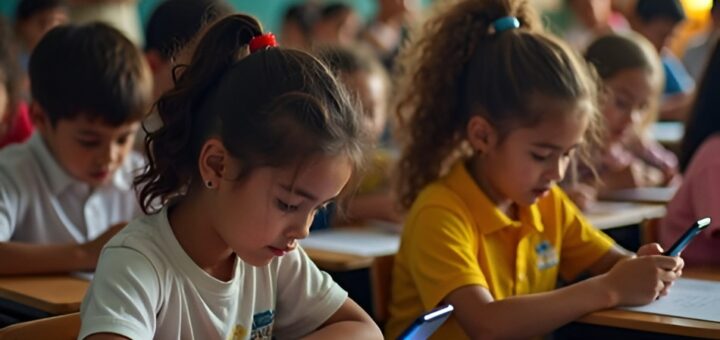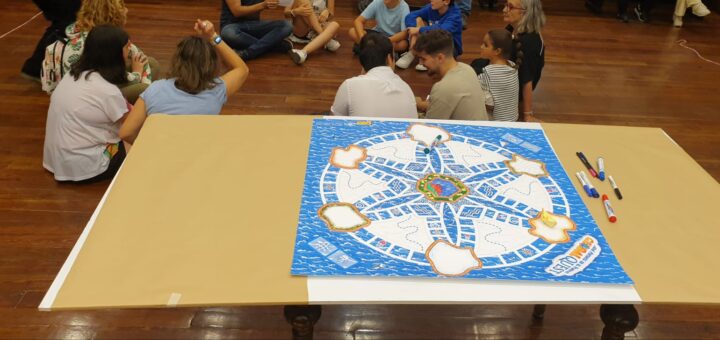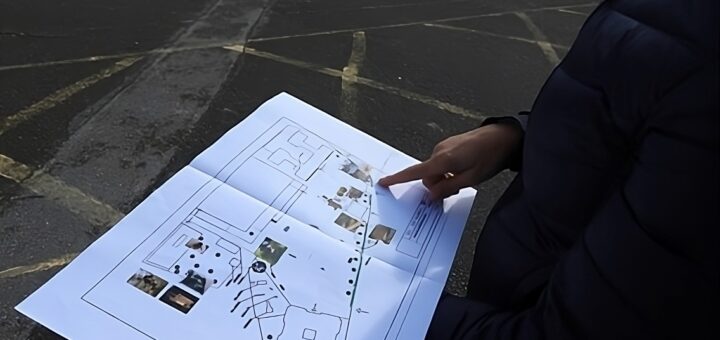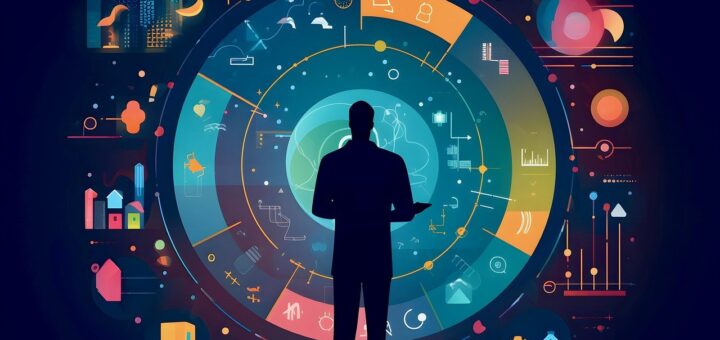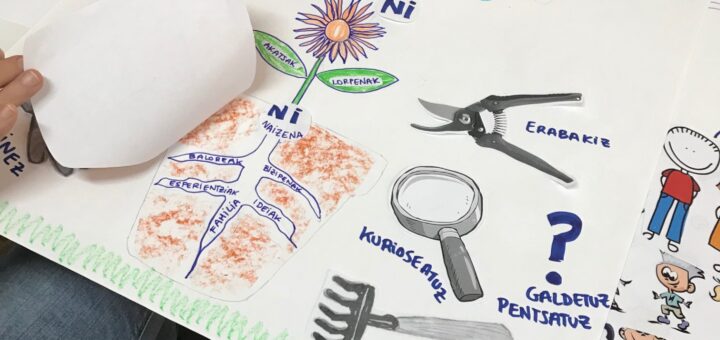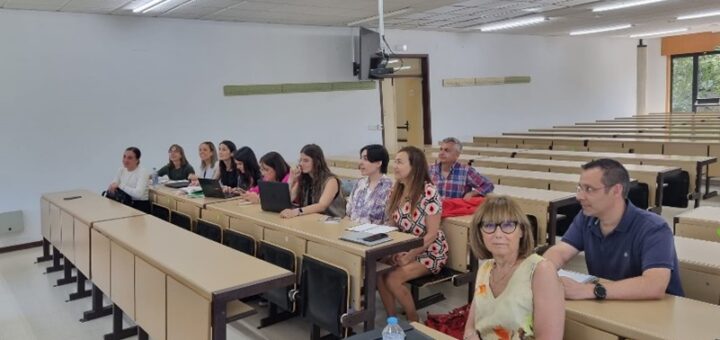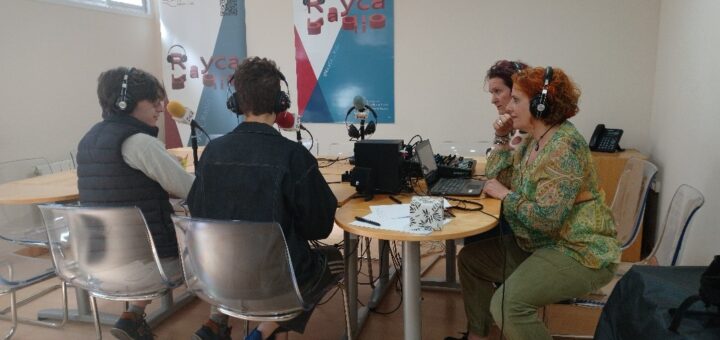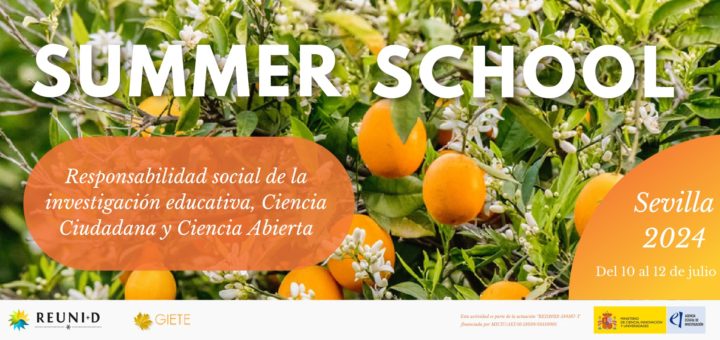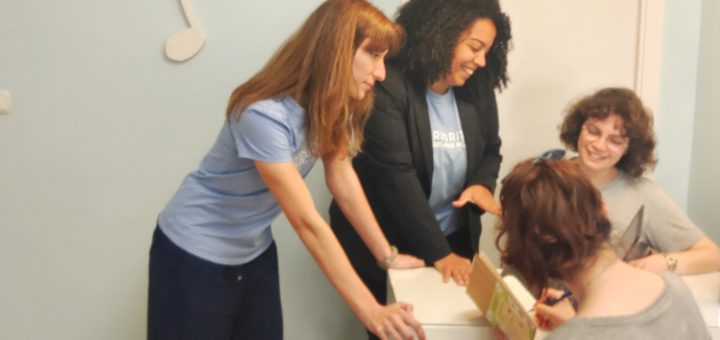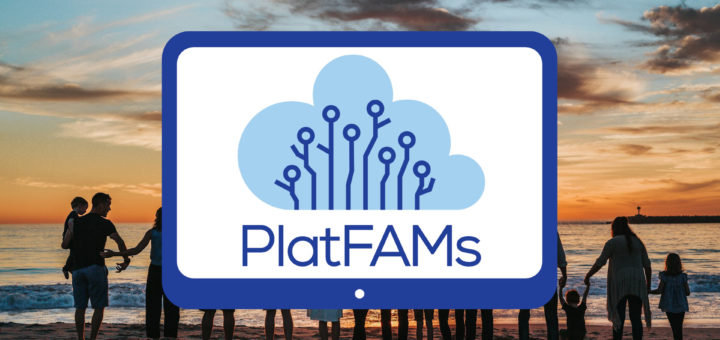English pronunciation at an increasingly early age is a focus of concern for the entire educational community, both schools and families, due to its relevance in responding to the changing demands and needs of the present moment. Among these concerns, the lack of reliability of traditional teaching-learning methodologies, the difficulties of students or the scarcity of materials, among others, stand out.
The socio-educational relevance of learning English in childhood has increased substantially as a result of its emphasis on the Organic Law on Education 3/2020, as well as the set of recommendations issued by the European Commission (2020). In short, the pandemic, which has highlighted the need to address digital skills in students, as essential knowledge for participation in this post-digital society.
